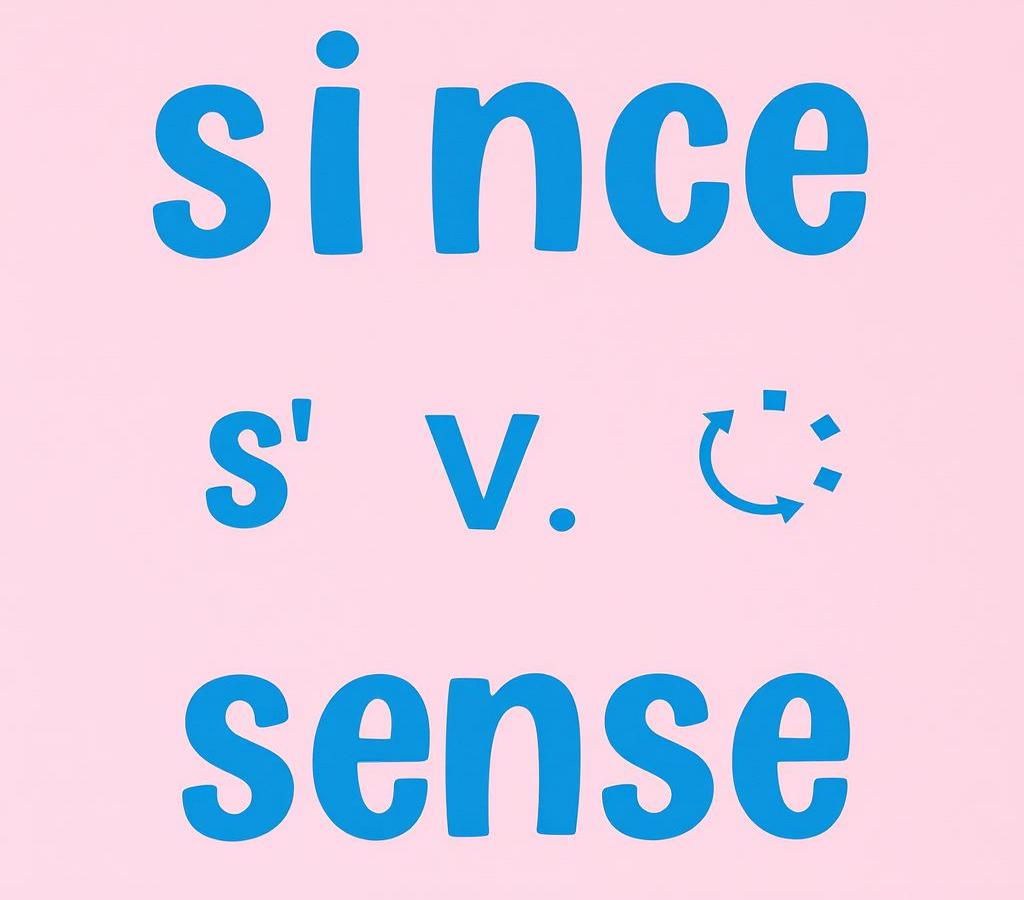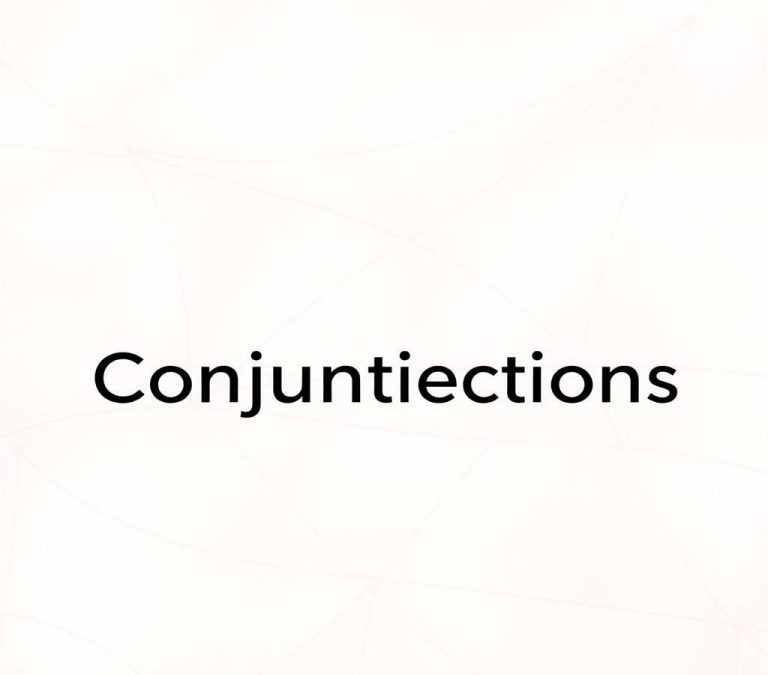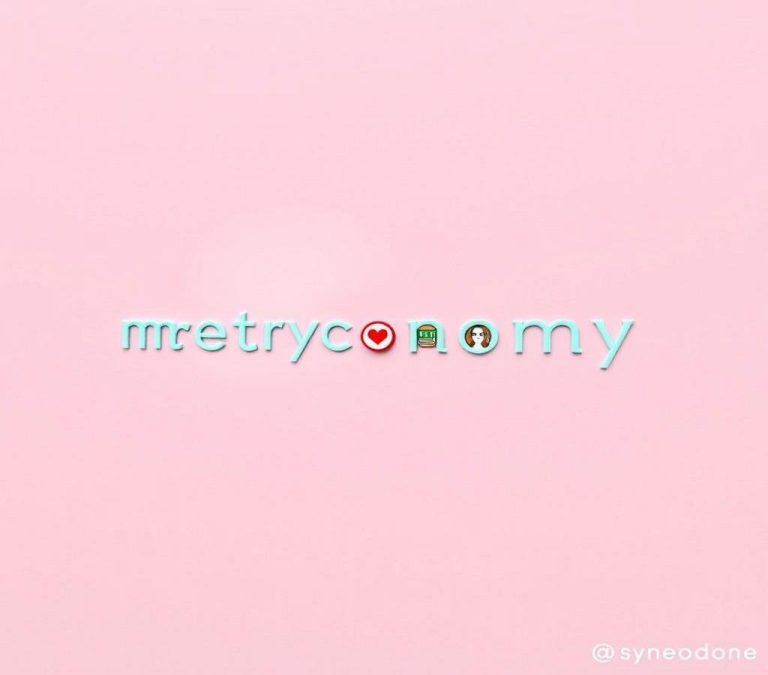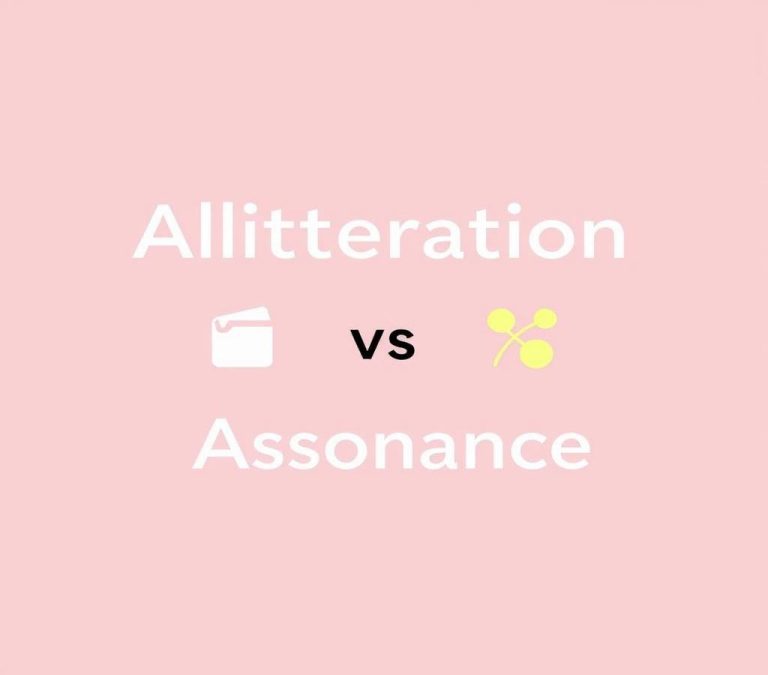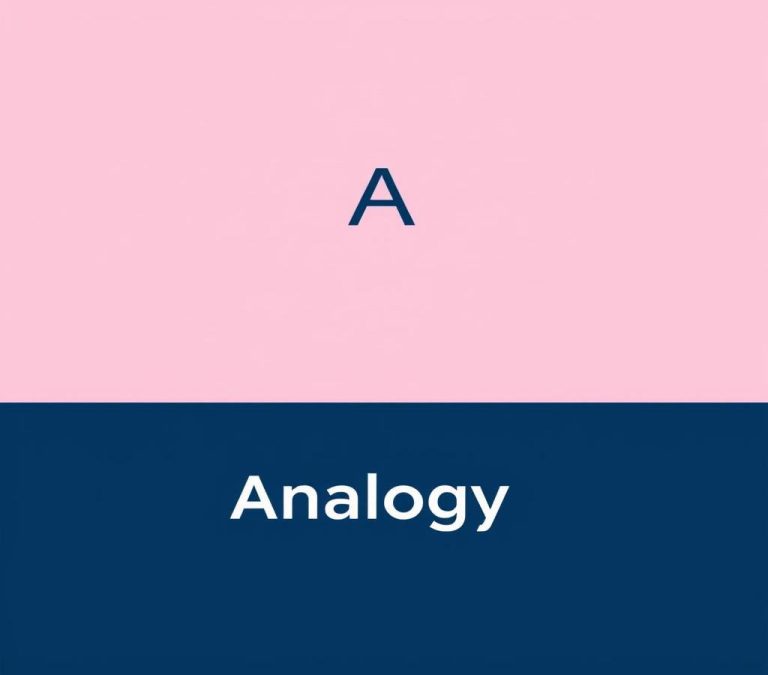Since vs Sense: Grammar & Usage Tips
The words “since” and “sense” may sound alike, but their meanings and uses are different. Knowing when to use each one can make your writing clearer. “Since” often relates to time or reason, while “sense” refers to feeling, understanding, or perception. By understanding the differences, you’ll avoid common mistakes and improve your communication skills. This article will help you learn when to use “since” and “sense” correctly.
Quick Answer
Use since for time or cause: “I’ve been waiting since morning” or “I’ve been tired since I caught the flu.” Use sense for feeling or perception: “I sense that something is wrong.” or “The sense of freedom is exhilarating.”
Why There is Confusion
The English language is full of words that look or sound similar but have different meanings, leading to common mistakes. Two such words that often cause confusion are “since” and “sense.” These words not only have different meanings but also function differently in sentences, yet many people misuse them. This confusion arises because both words have historical connections and phonetic similarities. Understanding the differences between “since” and “sense” will help you to use them correctly in speaking and writing.
What Does “Since” Mean?
“Since” is a versatile word that can be used as a preposition, conjunction, or adverb, depending on the context. Here’s a breakdown of its uses:
- Preposition: When used as a preposition, “since” relates to time and indicates a point in the past. For example: “I have been living here since 2015.”
- Conjunction: As a conjunction, “since” introduces a reason or a cause. For example: “Since it was raining, we stayed indoors.”
- Adverb: “Since” can also function as an adverb, modifying a verb to indicate time. For example: “I’ve moved here five years ago and have been happy since.”
In all its forms, “since” relates to time or causality, making it a crucial part of sentence construction.
What Does “Sense” Mean?
“Sense” is a noun and a verb with a range of meanings primarily related to perception or understanding.
- Noun: As a noun, “sense” can mean any of the faculties by which the human or animal body perceives an external stimulus. For example, sight, hearing, and smell are all senses. It can also refer to a feeling or the awareness of something, like in “a sense of danger.”
- Verb: As a verb, “sense” means to detect or become aware of something. For example: “I sensed tension in the room.”
The key idea is that “sense” deals with perceptions, feelings, or understanding, whether speaking of physical faculties or emotional and intellectual awareness.
Differences Between “Since” and “Sense”
In Parts of Speech
The first major difference between “since” and “sense” is their roles in language. “Since” is a preposition, conjunction, or adverb, whereas “sense” can be a noun or a verb.
- “Since” as Preposition: “Since yesterday, I have been feeling better.”
- “Sense” as Noun: “My sense of smell is very sharp.”
- “Sense” as Verb: “Can you sense the warmth in the room?”
In Sentence Construction
When constructing sentences, “since” often introduces clauses related to time or reason:
- “Since we have enough time, let’s go for a walk.”
- “I haven’t eaten since yesterday.”
In contrast, “sense” is used within clauses to refer to perception or awareness:
- “His sense of hearing is exceptional.”
- “Can you sense the excitement in the crowd?”
In Meaning and Context
“Since” is largely about time and causality. It either marks the start of a period or gives a reason:
- “Since the pandemic started, many people work from home.”
- “She’s happier since she changed her job.”
“Sense” relates to perception, either through the five physical senses or a more abstract feeling or understanding:
- “He has a great sense of humor.”
- “The building had a sense of history.”
Synonyms of “Since” and “Sense”
Using synonyms can sometimes help clarify the meaning and correct usage of words.
Synonyms of “Since”
Depending on the context, “since” can be replaced by various synonyms:
- In temporal context: “From,” “starting from,” “ever since”
Example: “I have known him since childhood.” can be “I have known him from childhood.” - In causal context: “Because,” “as,” “seeing that”
Example: “Since it is late, we should go home.” can be “Because it is late, we should go home.”
Synonyms of “Sense”
“Sense” also has multiple synonyms depending on its use:
- As a noun: “Feeling,” “awareness,” “perception”
Example: “A sense of danger” can be “A feeling of danger.” - As a verb: “Detect,” “feel,” “perceive”
Example: “She sensed his anxiety” can be “She detected his anxiety.”
Examples of Usage: “Since” vs “Sense”
Examples of “Since”:
- “I have been a fan of his work since 2010.”
- “Since you are not interested, we won’t discuss it further.”
- “She’s been smiling since she received the good news.”
Examples of “Sense”:
- “She has a keen sense of direction.”
- “They could sense the lack of enthusiasm in the room.”
- “His sense of responsibility is admirable.”
In these examples, notice how “since” relates to time and cause, while “sense” relates to perception or feeling.
Conclusion: Mastering the Difference Between “Since” and “Sense”
Understanding the critical differences between “since” and “sense” can significantly improve your language skills. “Since” mostly deals with time and causality, functioning as a preposition, conjunction, or adverb. In contrast, “sense” pertains to perception, functioning as a noun or verb. By being mindful of these distinctions, you can communicate more clearly and effectively. Remember to consider the context and meaning you wish to convey, and you’ll find it easier to choose the correct word. Whether you’re discussing time, reasons, or perceptions, knowing when to use “since” and “sense” will eliminate common mistakes and enhance your overall writing and speaking abilities.

